Written by Lily Haines, Communications Director, Perry Institute for Marine Science
In many parts of the Caribbean, diving underwater will transport you to a colorful world of fish, marine mammals, algae, crabs and more. This dazzling undersea rainforest is created by colonies of rock-like animals called corals. But just like us humans, corals can get sick, threatening the existence of marine life as we know it.
A fatal disease is rapidly spreading through the Caribbean, infecting and killing some of the world’s oldest and largest corals at an alarming speed. Before our eyes, Bahamian and Caribbean reefs are changing from coral-dominated biodiversity hotspots to algae-covered graveyards – all at the hands of a disease known as Stony Coral Tissue Loss Disease (SCLTD). We need your help to save the corals and in turn save the homes and lives of an incredible amount of sea creatures.
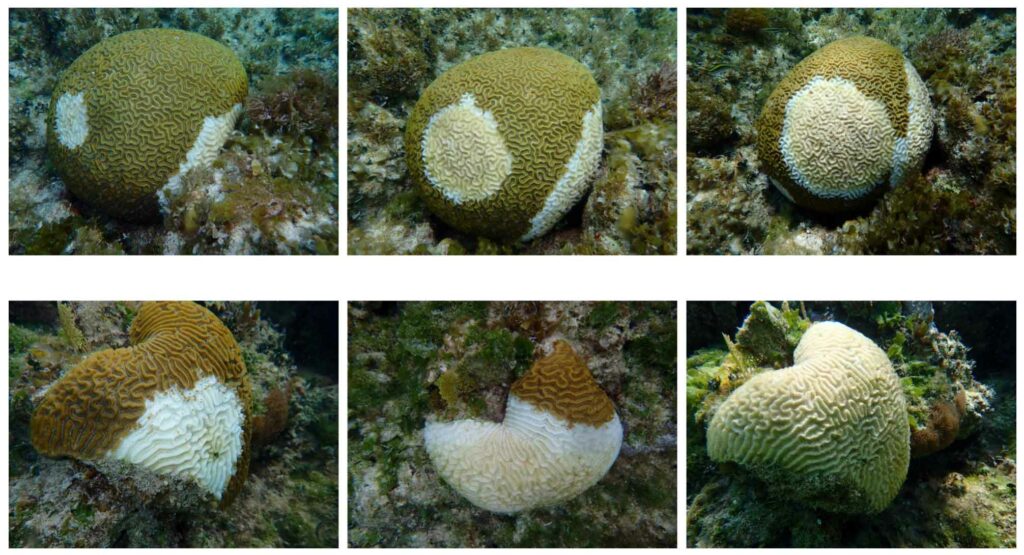
Are you a boater, diver, fisher, tourist or ocean-lover? If so, here are three key ways that you can help infected coral reefs today.
1 – Help us monitor the spread!
If you ever go swimming, fishing, scuba diving or snorkeling in The Bahamas and you see what you think might be SCTLD, snap a couple of pictures and send them to the Perry Institute for Marine Science (PIMS) – one of our partner marine conservation non-profits leading SCTLD conservation and defense efforts in The Bahamas. Be sure to include the coordinates of where you spotted the disease or those of a nearby landmark. This helps to track the movement of the disease throughout the islands of The Bahamas and also helps our partners know where to direct assessments and treatment plans. You can report sightings of SCTLD at https://www.perryinstitute.org/sctld
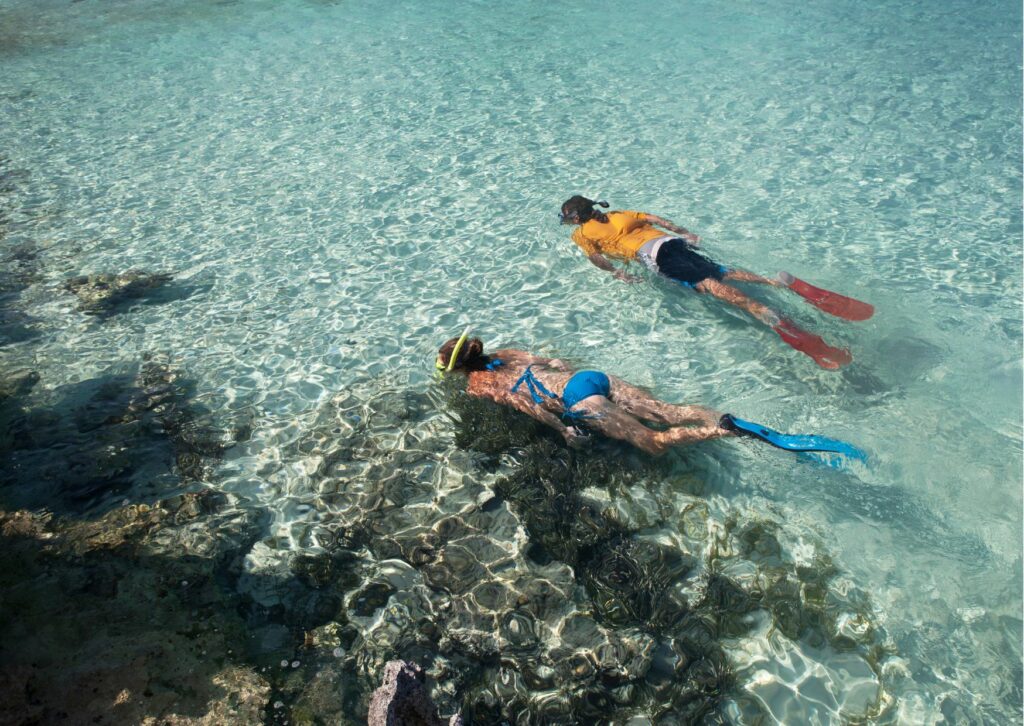
2 – Do your part to prevent transmission!
Since SCTLD is a water-borne pathogen, it travels between reefs by naturally occurring currents. However, humans can also easily (and unknowingly) spread this disease from infected reefs to healthy reefs. The following precautions can help prevent human-caused outbreaks.
- Whenever possible, avoid visiting healthy coral reefs after you’ve visited an infected area.
- Make sure that you are not transporting any water between reefs. Commercial ships, for example, must properly exchange ballast water to prevent spreading the disease between regions. Smaller boat drivers should also be careful not to carry any bilge water between reefs.
If you must carry bilge water, be sure to sterilize it by adding natural detergent that contains sodium percarbonate (suggested brands: 7thGeneration, Tru Earth or Earthbound Elements). Allow it to soak for at least 10 minutes before releasing it into open water, far away from sensitive marine life and coral reefs.
Disinfect your fishing, snorkel and scuba gear before traveling to another site and use local gear whenever possible.
How to disinfect your gear:
- Scuba, snorkel, and fishing gear: In your rinse/dunk tank, add 3-4 full caps of beach for every 1 gallon of water (fresh or seawater). Soak your gear for 10 minutes before rinsing with fresh water.
- Wetsuits: Fill a large bucket with fresh water. Add 1 cup of eco-friendly laundry detergent (sodium percarbonate) to every 4 gallons of water. Soak your wetsuit for at least 10 minutes and then rinse with fresh water.
3 – Become a Coral Medic!
Last but not least, reach out to the Perry Institute to become a Coral Medic! Every so often, PIMS seeks to either hire new staff or train local volunteer divers in the treatment of SCTLD using life-saving antibiotics. The Amoxicillin-based treatment has the power to fight off the pathogen that causes SCTLD, prevent the disease from spreading to the rest of the coral colony and its home reef, as well as save some of the world’s largest and oldest reef-building corals.
Stay tuned for the launch of their online coral medic training program! We’ll be posting training videos here once they’re available. In the meantime, if you’re a certified PADI diver in The Bahamas, get in touch with coral@perryinstitute.org to take action and become part of the solution. The Perry Institute’s head of coral reefs, Dr. Valeria Pizarro, would love to hear from you!
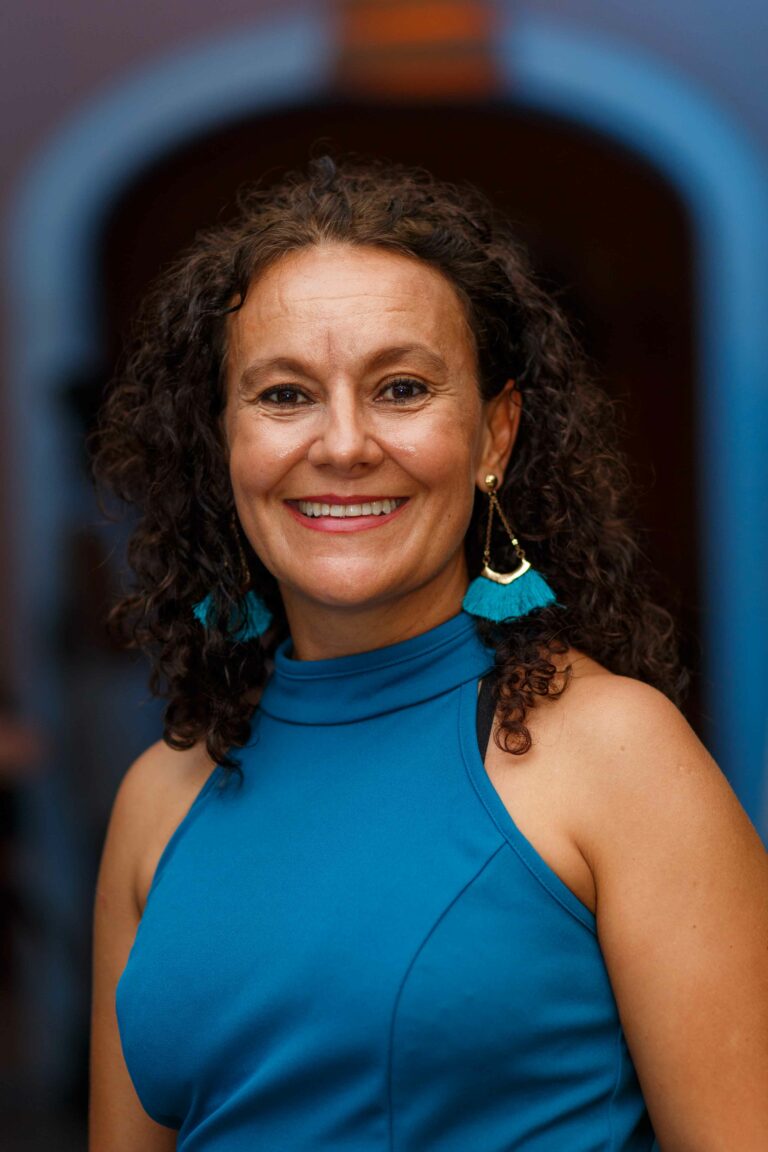
Follow the Perry Institute for Marine Science on social media and be the first to know how you can get involved (@perryinstituteformarinescience).
This is a project of the Atlantis Blue Project Foundation.
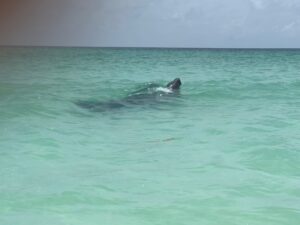
Community Efforts Drive Marine Mammal Conservation in The Bahamas
In late July 2024, The Bahamas Marine Mammal Research Organisation (BMMRO) was alerted to a tragic discovery in the waters north of Bahama Palm Shores,
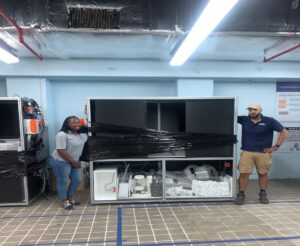
Bahamas Coral Gene Bank Equipment Arrives at Atlantis Resort
We are thrilled to announce that The Bahamas Coral Gene Bank at Atlantis, Paradise Island has received two 40-foot containers packed with essential lab equipment

Bahamas Coral Gene Bank Equipment Arrives at Atlantis Resort
We are thrilled to announce that The Bahamas Coral Gene Bank at Atlantis, Paradise Island has received two 40-foot containers packed with essential lab equipment
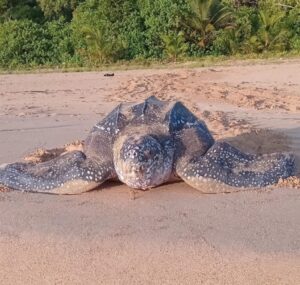
Cheer for Victory the Leatherback Sea Turtle in the 2024 Tour de Turtles!
Meet Victory: Our Leatherback Sea Turtle Champion This year, Atlantis Resort and Atlantis Blue Project Foundation proudly sponsor Victory. She is an adult female leatherback
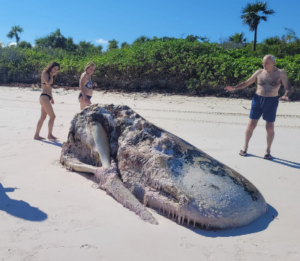
Marine Mammal Mysteries: Stranding Response Efforts in The Bahamas
Recent Strandings in The Bahamas Sperm Whale, Eleuthera, December 2023 In December 2023, the head of a sperm whale washed ashore at Lighthouse Point in Eleuthera.
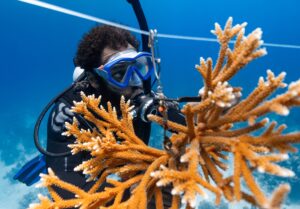
Reef Rescue Network: Growing Stronger
The Atlantis Blue Project Foundation is thrilled to share inspiring news from the frontlines of marine conservation. The Reef Rescue Network’s “Coral is Calling” campaign,

